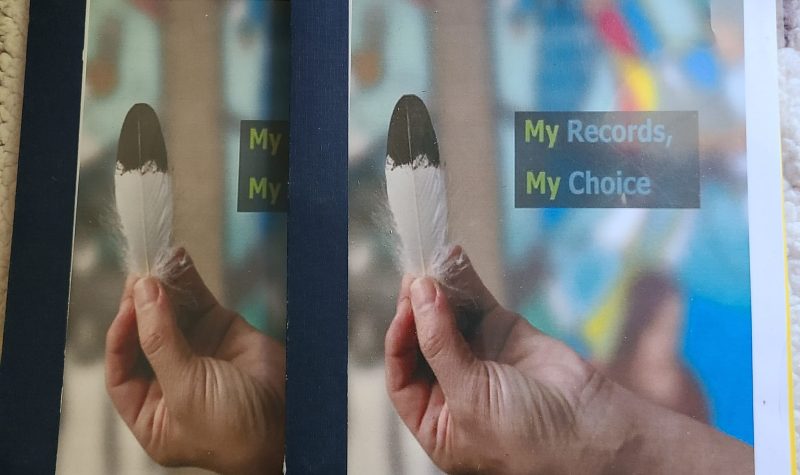Geraldine Shingoose, residential school survivor, is advocating for more survivors' stories to be preserved for historical and educational reasons before the records are destroyed.
Residential school survivors who have made Alternative Dispute Resolution (ADR) or Independent Assessment Process (IAP) claims for compensation for residential school abuses can have their records copied for personal use. Survivors can also choose to preserve their stories for historical and educational purposes, according to the National Centre for Truth and Reconciliation.
If no action is taken, these records will be destroyed in four years, on Sept. 19, 2027. In 2017, the Supreme Court of Canada stated that the IAP and ADR records are private and confidential and, as a result, will be automatically destroyed in 2027, the NCTR says.
According to Shingoose, only 28 residential school survivors have chosen to preserve their records to date.
Shingoose, from Treaty 4 territory, endured a challenging nine-year experience in the residential school system. She is one of the 28 individuals. While she wanted to keep a copy of her records for herself, she also recognized the educational value in sharing and preserving her story.
"I took it for my family, but [I'm also sharing] it, so it's shared as a part of Canada's history," Shingoose explained, who preserved 278 pages of her experience at residential school.
By allowing access to these stories, denials about the reality of residential schools can be prevented, ensuring that the truth of Canada's history remains clear for generations to come, Shingoose adds.
“You hear people denying residential school and what happened in residential school, but if they were able to access those stories, then they’d know the real truth,” she says.
For residential school survivors who have made IAP or ADR claims for compensation, visit MyRecordsMyChoice.ca to find more information on how to preserve survivor records for personal and/or educational purposes.
Listen to the story below:


